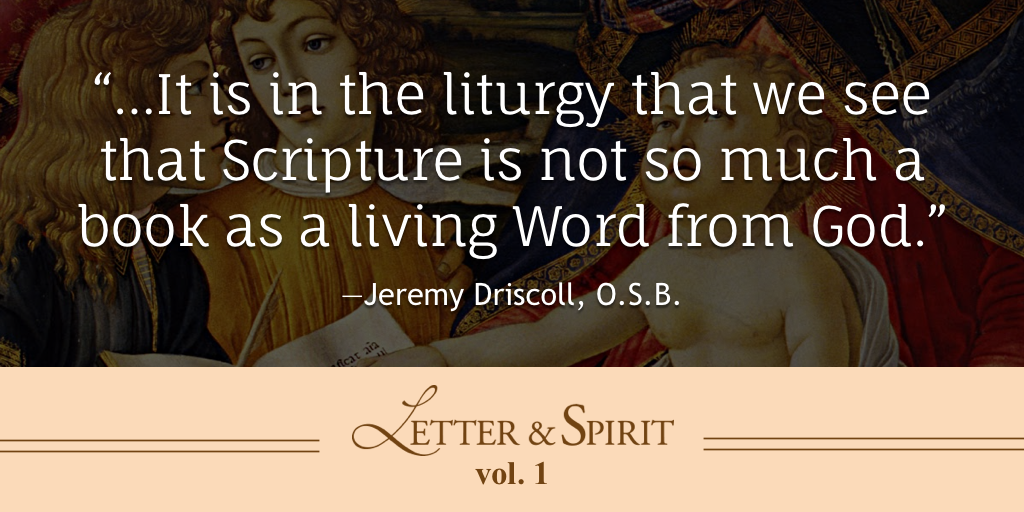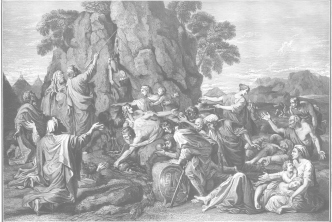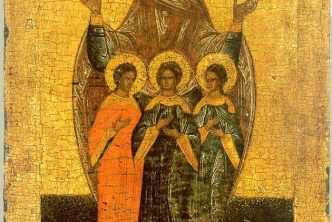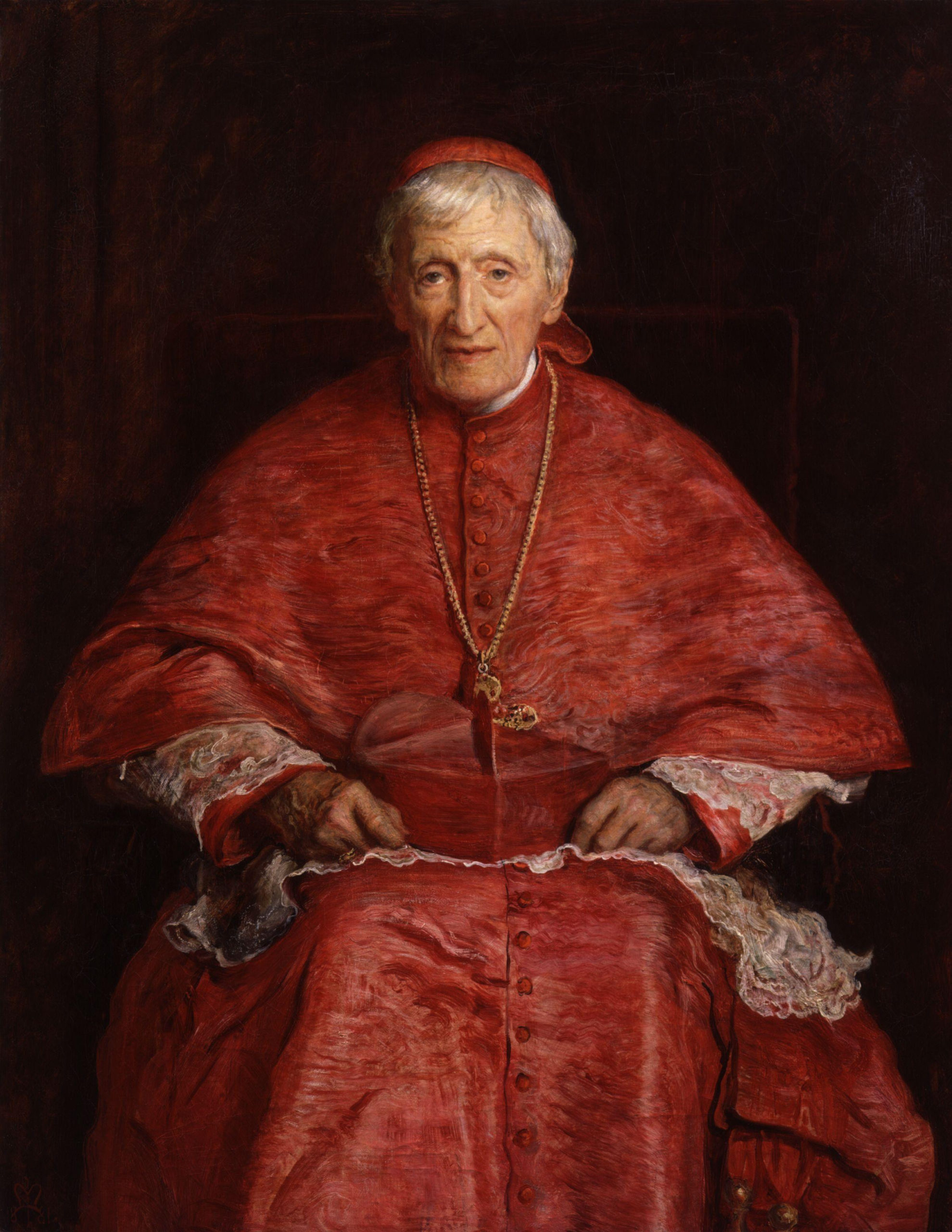
This month, you can get Letter and Spirit, vol. 1: Reading Salvation: Word, Worship, and the Mysteries for free plus two more volumes from the Letter and Spirit collection for less than $5! Throughout May, we’re sharing excerpts from Letter and Spirit, vol. 1 to give you a preview of thoughtful and thought-provoking scholarship you can expect from this month’s free book.
Today’s excerpt comes from the essay “The Word of God in the Liturgy of the New Covenant” by Jeremy Driscoll, O.S.B., Mount Angel Seminary, Oregon Pontifical Athenaeum of St. Anselm, Rome:
In this paper, I want to unfold and explore the dynamic of the Word of God in the liturgy of the new covenant—in the Mass in particular. I mean not only the Word as narrative proclamation but the Word as memorial and invocation, remembrance and salvific encounter, in which the believer participates in the mystery of the Trinity, the mystery of God’s life revealed in Scripture and accomplished and actualized in the liturgy.
It is in the liturgy that we see that Scripture is not so much a book as a living Word from God, a Word which, when announced in the assembly, defines the very event that is underway. It is God’s intervention and offer of salvation in the here and now of a particular gathering of believers.
The Word of God has a dynamic toward sacrament; that is, its proclamation in an assembly of believers becomes a communication of salvation for those who hear it, an event of salvation. This event is not simply so many words pronounced and heard—the words find expression in signs and gestures and actions, all of which reveal the deepest mystery which the words contain.
Proclaimed in the Eucharistic liturgy, the Scriptures reveal their deepest mystery in bread and wine exchanged by people who play different roles in the assembly, such that it becomes manifest that the whole cosmos and the whole of history are destined for transformation in the Spirit of the risen Lord. This transformation, which makes present the risen Lord’s paschal sacrifice, and the communion which offers the participants a share in it, is a very concrete, ecclesial locus of revelation. Here do we have that of which Dei Verbum speaks: we participate in the divine nature, having access to the Father through the Son and the Holy Spirit.
Han Urs von Balthasar observed that as the life of Jesus progresses two things stand out: The Word becomes more and more flesh, and the flesh becomes more and more Word. By the first, he means that to the abstract nature of the commands of the Law and the prophets Jesus imparts a divine, factual presence. By the second, he is noting that Jesus increasingly unifies the scriptural words in himself, making his earthly life the perfect expression of all the earlier revelations of God.
This idea can be extended in terms less immediately scriptural, that is, ontologically: The eternal Word, entirely in all that he is, becomes more and more flesh. And all that is flesh is transformed more and more into all that the Word is. I want to suggest that this is the very dynamic that the liturgy reveals, the very dynamic in which the liturgy consists. If Word becoming flesh and flesh becoming Word is what may be called the form or shape of salvation in history, it may also be said that the liturgy takes that same form or shape.
Driscoll, J. (2005). “The Word of God in the Liturgy of the New Covenant.” Letter & Spirit: Reading Salvation: Word, Worship, and the Mysteries, 1, 87–88.
***
Get the complete essay and more like it in Letter and Spirit, vol. 1, free through May 31! And add volume 2 and volume 3 from the Letter and Spirit collection for less than $5.
And don’t miss your chance to get the entire collection—the remaining eight volumes—for 23% off. With the combined steep discounts on the free book, plus one, and plus two, and dynamic pricing you’ll get on the collection, the savings really add up!





